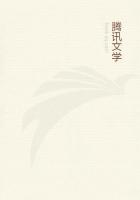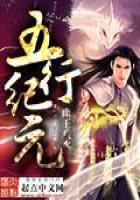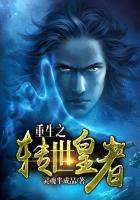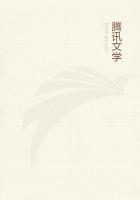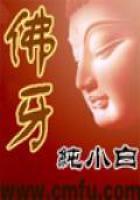The foregoing evidence renders it probable that in Africa the king has often been developed out of the public magician, and especially out of the rain-maker. The unbounded fear which the magician inspires and the wealth which he amasses in the exercise of his profession may both be supposed to have contributed to his promotion. But if the career of a magician and especially of a rain-maker offers great rewards to the successful practitioner of the art, it is beset with many pitfalls into which the unskilful or unlucky artist may fall. The position of the public sorcerer is indeed a very precarious one; for where the people firmly believe that he has it in his power to make the rain to fall, the sun to shine, and the fruits of the earth to grow, they naturally impute drought and dearth to his culpable negligence or wilful obstinacy, and they punish him accordingly. Hence in Africa the chief who fails to procure rain is often exiled or killed. Thus, in some parts of West Africa, when prayers and offerings presented to the king have failed to procure rain, his subjects bind him with ropes and take him by force to the grave of his forefathers that he may obtain from them the needed rain. The Banjars in West Africa ascribe to their king the power of causing rain or fine weather. So long as the weather is fine they load him with presents of grain and cattle. But if long drought or rain threatens to spoil the crops, they insult and beat him till the weather changes. When the harvest fails or the surf on the coast is too heavy to allow of fishing, the people of Loango accuse their king of a bad heart and depose him. On the Grain Coast the high priest or fetish king, who bears the title of Bodio, is responsible for the health of the community, the fertility of the earth, and the abundance of fish in the sea and rivers; and if the country suffers in any of these respects the Bodio is deposed from his office. In Ussukuma, a great district on the southern bank of the Victoria Nyanza, the rain and locust question is part and parcel of the Sultan's government. He, too, must know how to make rain and drive away the locusts. If he and his medicine-men are unable to accomplish this, his whole existence is at stake in times of distress. On a certain occasion, when the rain so greatly desired by the people did not come, the Sultan was simply driven out (in Ututwa, near Nassa). The people, in fact, hold that rulers must have power over Nature and her phenomena. Again, we are told of the natives of the Nyanaza region generally that they are persuaded that rain only falls as a result of magic, and the important duty of causing it to descend devolves on the chief of the tribe. If rain does not come at the proper time, everybody complains. More than one petty king has been banished his country because of drought. Among the Latuka of the Upper Nile, when the crops are withering, and all the efforts of the chief to draw down rain have proved fruitless, the people commonly attack him by night, rob him of all he possesses, and drive him away. But often they kill him.
In many other parts of the world kings have been expected to regulate the course of nature for the good of their people and have been punished if they failed to do so. It appears that the Scythians, when food was scarce, used to put their king in bonds. In ancient Egypt the sacred kings were blamed for the failure of the crops, but the sacred beasts were also held responsible for the course of nature. When pestilence and other calamities had fallen on the land, in consequence of a long and severe drought, the priests took the animals by night and threatened them, but if the evil did not abate they slew the beasts.
On the coral island of Niueˉ or Savage Island, in the South Pacific, there formerly reigned a line of kings. But as the kings were also high priests, and were supposed to make the food grow, the people became angry with them in times of scarcity and killed them; till at last, as one after another was killed, no one would be king, and the monarchy came to an end. Ancient Chinese writers inform us that in Corea the blame was laid on the king whenever too much or too little rain fell and the crops did not ripen. Some said that he must be deposed, others that he must be slain.


